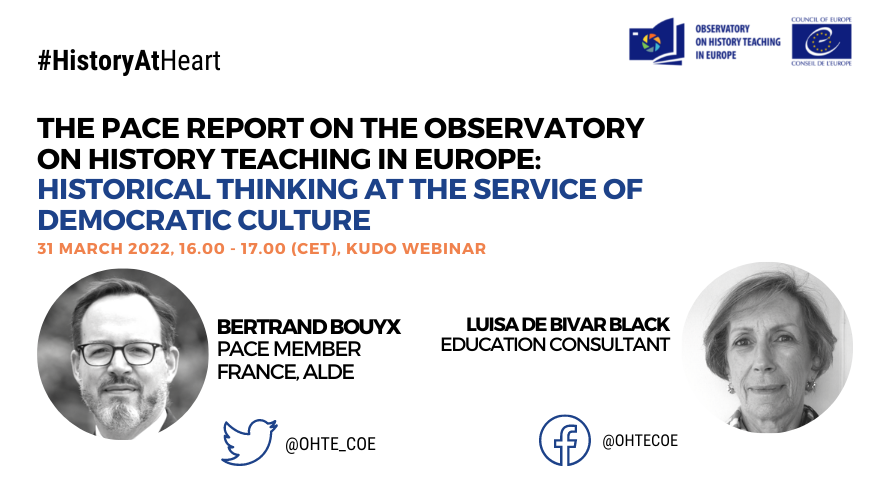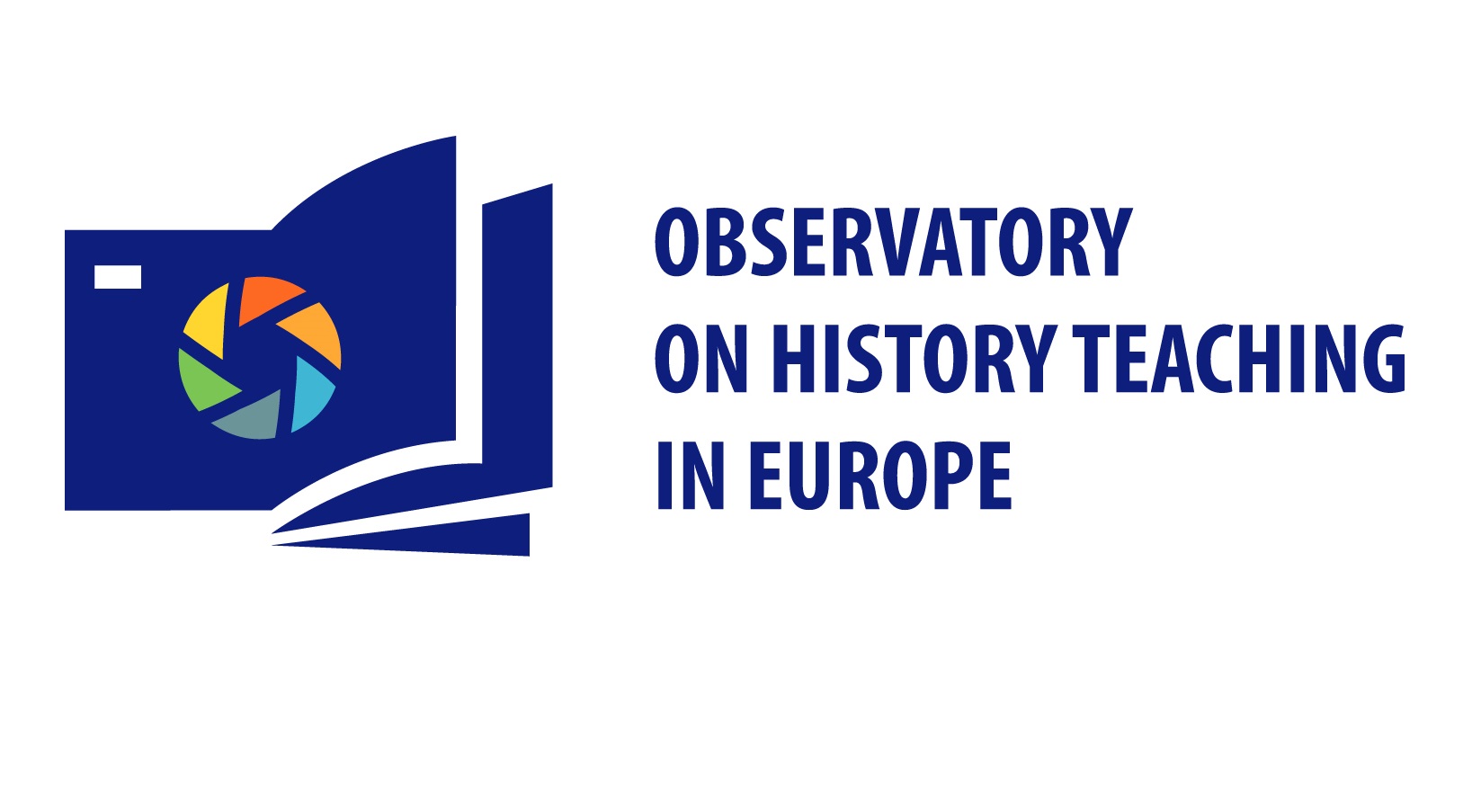The Council of Europe was constructed on the ruins of the Second World War, in a strive for sustainable and long lasting peace. In 1954, it equipped itself with an instrument – the European Cultural Convention – that underlines the need for quality history teaching in order to prepare young people for democratic culture and for the universal values of human rights, rule of law and democracy” reminded Aurora Ailincai, executive director of the Observatory, in the introductory words.
The PACE Report on the Observatory on History Teaching, drafted by Bertrand Bouyx (France, ALDE) identifies 10 key issues to be considered by policy makers as a guide for quality history education that promotes diversity, multiperspectivity and tolerance.
“History is an interpretative subject – depending on what we do with it, history has political consequences that can lead to conflicts, be they diplomatic or military. Constructing peace requires a better understanding of the historical processes of each nation […] The Observatory has a place in soothing relations as it will allow states to better understand each other and it is an important source for teaching, for preparing minds and teaching young people how to understand historical facts” mentioned Bouyx when explaining the relevance of the Observatory.
In the near future there will not be any history teachers – and this will be a disaster for history education. […] If the Observatory comes out with the numbers of all these countries that are being observed, we will see what is common – and everything is common. It would be interesting to see if this profession is still engaging for young people.” Mentioned Luisa de Bivar Black, education consultant involved in the Council of Europe’s Experts’ Working Group on History Education, while addressing the challenges in history teaching today.
While the challenges are many, indeed, the role of the Observatory on History Teaching in Europe in observing and providing a clear picture of the way history is taught to young people becomes more obviously important everyday for the future of democracies.




